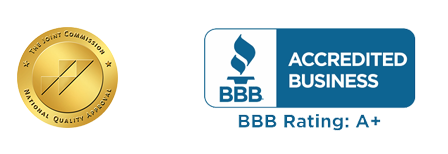Rediscover Your Life Through Sustainable Recovery
Welcome to West Coast Recovery Centers, a Nationally Accredited Drug, Alcohol and Behavioral Health Rehabilitation Center in Southern California
Determine your recovery path
Most importantly, you are not alone. We understand the process of recovery can be strenuous and overwhelming. Our goal is to connect you with a variety of traditional and non-traditional recovery methods to help you navigate your personal rehabilitation journey. Our support team is here to help every step of the way.

Connect with community support
We believe that true individualized care fosters a deeper and more effective healing process. That’s why we’re passionate about building an intimate recovery community so no one is ever lost in translation. Our team values deep connection with you, and we are honored to walk alongside you as you step towards sustainable recovery.

Start a new life
Our rehabilitation center and transitional living residences are located in a quaint, remote beach town in Carlsbad, CA. You will enjoy easy access to sunny beaches, job opportunities, a welcoming community, and convenient public transportation—all within walking distance.

Our Clients Say it Best
Traditional Therapeutic Methods
Non-Traditional Therapeutic Methods
Adventure Therapy
Support Groups in the Community
Gender Responsive
- Aetna
- Blue Cross/Anthem
- Blue Shield/Magellan Cigna
- ComPsych
- Sharp Health Plan
- TriCare West
- TriWest
- United/Optum
We met by chance, brought a wealth of skills and diversity to the table. Each of us, individually driven by humanitarian quests, recognized that as a group, our individual efforts may collectively bring forth continued hope.
– Sean Firtel, WCRC Founder
We are fully accredited and licensed









